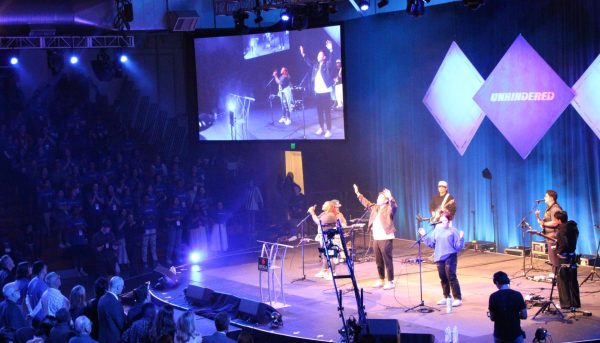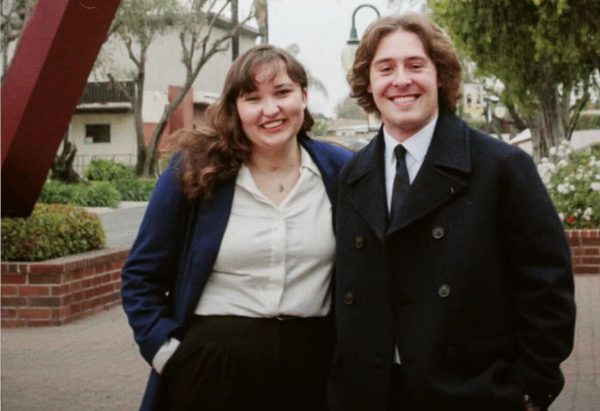Claremont McKenna official resigns after adjusting SAT scores of incoming students
A top official at Claremont McKenna College resigned after admitting to adjusting SAT scores of incoming freshmen.
February 17, 2012
In the wake of the SAT score fabrications that recently came to light at Claremont McKenna College, Biola continues to protect its integrity.
A top official at Claremont McKenna College, a small liberal arts school in Claremont, Calif. resigned Jan. 30 after admitting to adjusting the SAT scores of incoming freshmen in order to boost the school’s position in college ranking lists. These lists, including U.S. News and World Report’s “America’s Best Colleges,” are designed to allow high school students to compare and contrast colleges while making a decision on which to attend. The fact that many people read the lists each year shows how far the effects of the cheating reach.
“It’s extremely difficult [to falsify scores], because eventually getting caught [would be] the most horrible thing,” said Biola’s university marketing research manager Brian Bowman. “It’s easy to cheat, but getting caught is never worth it. It comes down to the character of the person … in the long run it doesn’t pay off.”
Biola checks SAT scores of incoming students
If a college’s SAT scores suddenly change by more than a few points, that raises concerns, according to Biola’s senior director of undergraduate admissions Andre Stephens.
“If the numbers varied significantly, there would be questions asked internally…[at Biola], the numbers have been pretty consistent,” Stephens said.
Biola’s admissions statistics, listed over a period of 15 years, show a difference of only one point between the SAT scores of 2010 and those of 2011. Claremont McKenna’s doctored scores jumped an average of 20 points between those same years.
In addition to Biola admissions department’s policy of self-monitoring, there are others who make sure nothing seems out of the ordinary.
“Our vice president for enrollment management, Greg Vaughan, goes through and checks all the scores,” Stephens said.
Students base school choice on more than ranking
An article by the Chicago Sun-Times covering the Claremont McKenna scandal suggested that perhaps colleges value these rankings more than students do, an idea reflected by the responses of the Biola students interviewed.
“I didn’t use them to make my decision,” said freshman kinesiology major Sung Lee. “I [looked at them] purely out of curiosity. Rankings-wise, I already knew Biola was a good school…so it didn’t really affect my decision.”
The number one reason students chose to attend Biola was because of its all-Christian community dedicated to spiritual growth, not because of its rankings, according to statistics released by Biola’s university communications and marketing department. Also, of those same students surveyed, 40 percent of them were neutral on how much SAT scores affected their decision to attend Biola, according to a survey of Biola’s fall 2009 undergraduates.
If students don’t seem to be influenced by the prestige of top-notch scores, it seems unwise for college officials to risk their jobs and their schools’ reputations to be the best, according to Bowman.
“Colleges are motivated by short-term gain in rankings,” Bowman said. “For a lot of people, success is contagious. Eventually, [rankings] would affect funding because more people would donate.”
Claremont McKenna College is currently No. 9 on US News and World Report’s list of best national liberal arts colleges, although they were removed from Kiplinger magazine’s list as a result of the scandal. Biola ranks No. 170 on the U.S. News list of best national universities, tying with Azusa Pacific University and positioned below another Christian private college, Pepperdine University, which sits at No. 55 according to US News and World Report.






